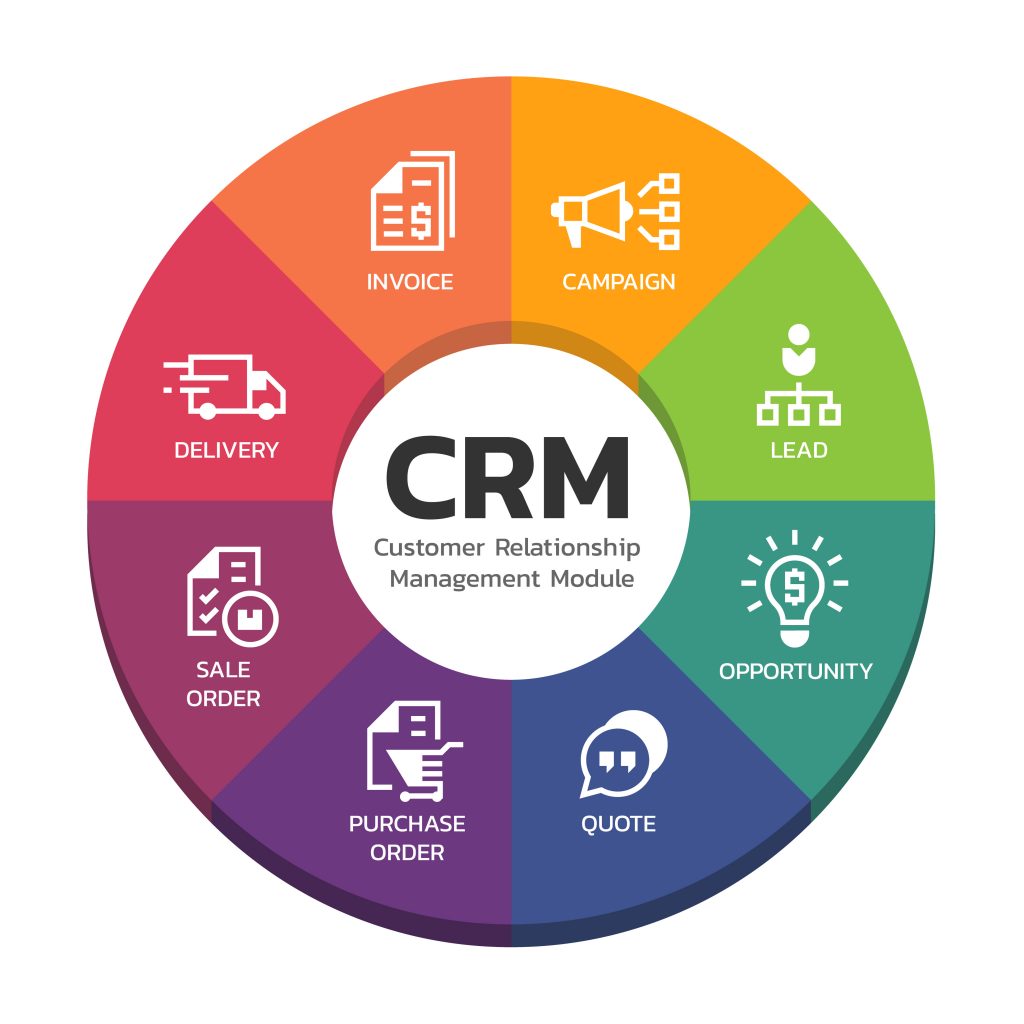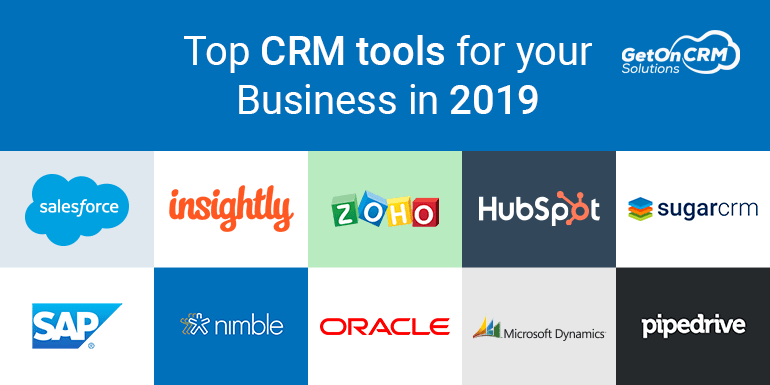In the competitive world of business, every advantage counts. That’s where the best CRM for business development comes in. A CRM system can streamline your sales process, improve customer relationships, and boost your bottom line. In this comprehensive guide, we’ll delve into the key features, benefits, and best practices of CRM systems, empowering you to make informed decisions and unlock the full potential of your sales team.
From understanding the market landscape to choosing the right CRM for your needs, we’ll cover everything you need to know about CRM for business development. So, get ready to elevate your sales strategy and drive growth like never before.
Market Overview
The CRM market is a rapidly growing industry, with a market size of $48.2 billion in 2022 and is projected to reach $128.97 billion by 2028. This growth is being driven by the increasing adoption of cloud-based CRM solutions, which offer businesses greater flexibility, scalability, and cost-effectiveness.
The major players in the CRM market include Salesforce, Oracle, Microsoft, SAP, and Adobe. Salesforce is the market leader, with a market share of 19.5% in 2022.
Key Trends in the CRM Market
- The increasing adoption of cloud-based CRM solutions
- The growing use of AI and machine learning in CRM
- The increasing focus on customer experience
- The growing importance of data security and privacy
Features and Functionality

A CRM system for business development offers a wide range of features and functionality designed to enhance sales processes. These features include contact management, lead tracking, opportunity management, and sales forecasting.
Contact management allows businesses to store and organize information about their customers and prospects. This information can include contact details, demographics, and purchase history. Lead tracking helps businesses track the progress of potential customers through the sales pipeline. Opportunity management allows businesses to manage their sales opportunities and track their progress towards closing deals.
Sales forecasting helps businesses predict future sales based on historical data and current trends.
Benefits of CRM Features
The key benefits of using a CRM system for business development include improved sales efficiency, increased sales productivity, and better customer relationships. Improved sales efficiency is achieved through the automation of sales tasks, such as lead generation, lead qualification, and opportunity management.
Increased sales productivity is achieved through the provision of real-time visibility into the sales pipeline and the ability to track the progress of individual sales reps. Better customer relationships are achieved through the ability to store and manage customer information and track customer interactions.
Comparison of CRM Systems
There are a number of different CRM systems available on the market, each with its own unique set of features and functionality. Some of the most popular CRM systems include Salesforce, HubSpot, and Microsoft Dynamics CRM. The following table compares the features of these three CRM systems:
| Feature | Salesforce | HubSpot | Microsoft Dynamics CRM |
|---|---|---|---|
| Contact management | Yes | Yes | Yes |
| Lead tracking | Yes | Yes | Yes |
| Opportunity management | Yes | Yes | Yes |
| Sales forecasting | Yes | Yes | Yes |
| Integration with other business applications | Yes | Yes | Yes |
| Mobile access | Yes | Yes | Yes |
| Pricing | Starting at $25 per user per month | Starting at $50 per month | Starting at $115 per user per month |
Integration and Customization
Integrating your CRM with other business systems, such as your marketing automation platform, email marketing service, and accounting software, can streamline your workflows and improve efficiency. This allows you to share data between systems, eliminating the need for manual data entry and reducing the risk of errors.
CRM systems can also be customized to meet the specific needs of your business. This includes customizing the user interface, adding custom fields, and creating custom reports and dashboards. By customizing your CRM, you can make it work the way you want it to, which can save you time and improve your productivity.
Examples of Successful Integration and Customization, Best crm for business development
- A manufacturing company integrated its CRM with its ERP system to automate the process of creating sales orders. This saved the company time and improved accuracy.
- A healthcare provider customized its CRM to track patient demographics, medical history, and treatment plans. This helped the provider deliver better care to its patients.
- A non-profit organization customized its CRM to track donor information, donations, and volunteer hours. This helped the organization manage its relationships with donors and volunteers more effectively.
Pricing and ROI
CRM systems vary in pricing models, typically based on the number of users, features included, and level of support. Some common pricing models include:
- Per-user pricing:Charges a fixed fee for each user.
- Tiered pricing:Offers different tiers of service with varying features and pricing.
- Usage-based pricing:Charges based on the number of transactions or data processed.
Calculating the ROI of a CRM system involves comparing the benefits gained to the costs incurred. Benefits can include increased sales, improved customer satisfaction, and reduced operational costs. Costs include the software license, implementation, and ongoing maintenance.
Example
A study by Nucleus Research found that businesses that implemented Salesforce CRM experienced an average ROI of 225%. This was attributed to increased sales productivity, improved customer retention, and reduced operational costs.
Best Practices
![]()
Implementing and using a CRM system effectively requires careful planning and execution. By following best practices, businesses can maximize the benefits of a CRM system and avoid common pitfalls.
One key best practice is to define clear goals and objectives for the CRM system. This will help ensure that the system is aligned with the overall business strategy and that it is used to support specific business objectives. Another best practice is to involve all relevant stakeholders in the implementation process.
This will help ensure that the system meets the needs of all users and that it is used effectively.
Common Pitfalls
- Not defining clear goals and objectives for the CRM system
- Not involving all relevant stakeholders in the implementation process
- Not providing adequate training to users
- Not integrating the CRM system with other business systems
- Not using the CRM system consistently
Successful Implementations
Many businesses have successfully implemented CRM systems to improve their business development efforts. Some examples include:
- Salesforce: Salesforce is a leading CRM provider that offers a wide range of features and functionality to support business development. Salesforce has been used by many businesses to improve their sales performance, marketing campaigns, and customer service.
- Microsoft Dynamics CRM: Microsoft Dynamics CRM is another popular CRM provider that offers a range of features and functionality to support business development. Microsoft Dynamics CRM has been used by many businesses to improve their sales performance, marketing campaigns, and customer service.
- Zoho CRM: Zoho CRM is a cloud-based CRM provider that offers a range of features and functionality to support business development. Zoho CRM has been used by many businesses to improve their sales performance, marketing campaigns, and customer service.
Outcome Summary: Best Crm For Business Development

In conclusion, the best CRM for business development can be a game-changer for your sales team. By providing a centralized platform for managing customer data, automating tasks, and tracking progress, a CRM system can help you close more deals, improve customer satisfaction, and achieve your business goals.
So, if you’re looking to take your sales performance to the next level, investing in a CRM system is a smart move. Remember, the right CRM can be the key to unlocking your business’s full potential and driving success.